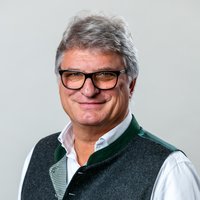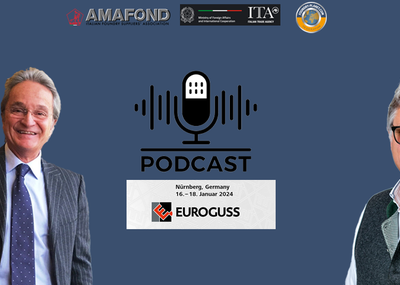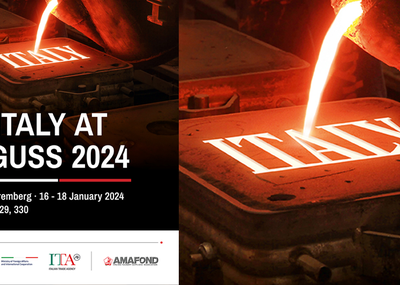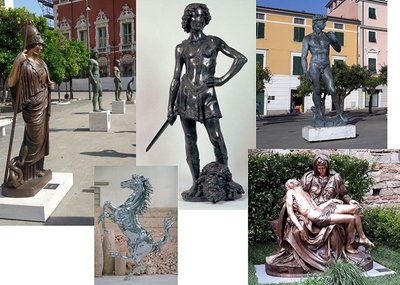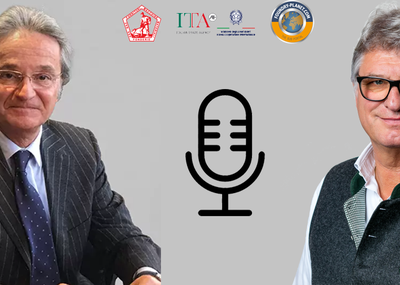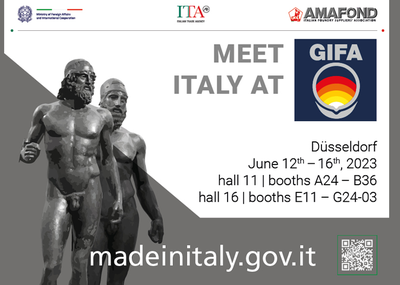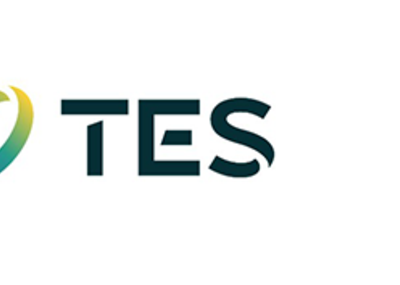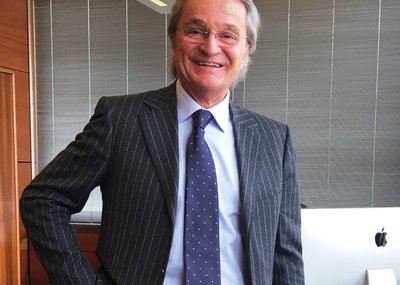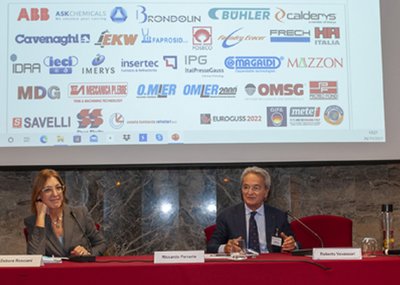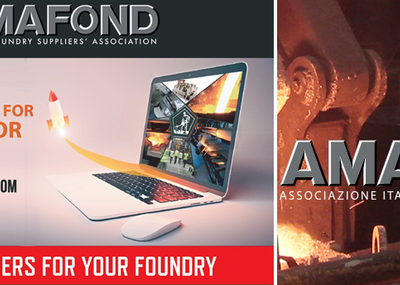As AMAFOND President Riccardo Ferrario could not personally welcome the guests of the AMAFOND Convention at short notice, his deputy Dr. Piero Starita took over the role in his usual sovereign manner and recited Ferrario's text.
The annual Amafond Congress is a great event that has become a traditional date over the years to stimulate discussion on the prospects of the foundry industry.
In doing so, he welcomed on his behalf, on behalf of the Committee and all member companies, the distinguished speakers of the day and the representatives of the Italian foundries who accepted the invitation.
The central theme of the AMAFOND Conference 2022 is highly topical: the energy transition towards sustainability and decarbonization.
Ferrario starts his reflections exactly one year ago, read his thoughts in the original here:
Last year, right here and on the occasion of our Congress, we were reflecting on interesting prospects for our sector, thanks to the end of the pandemic, a recovery also supported by funds from the stimulus fund and recognized strong leadership from our government led by Dr Dragons. We were waiting for supply and demand to rebalance after the supply chain breakdowns associated with the Covid 19 period stop-and-go measures, with critical raw material supplies, rising costs, a shortage of microchips and skyrocketing logistics costs.
Instead, another perfect storm unleashed very quickly, triggered by the war between Russia and Ukraine, the immediate consequences of which were a sharp increase in energy costs, the risk of running out of gas, double-digit inflation, a government crisis and new elections, new international tensions, and a great deal of uncertainty about the future and a touch of recession.
The war has asymmetric effects on the Italian, European and global economies. In fact, the current crisis affects the EU much more than the US and within the EU Germany and Italy much more than other countries. So we are more vulnerable than others.
We have realized that it would have been better to plan our energy independence or at least a differentiation of supply before talking about the energy transition.
Utopian and demagogic decisions made in the past to manage the energy transition have put us in a dramatic situation in the face of winter; without gas, without nuclear power, we not only risk not having enough energy, but we are also forced to put unnecessary money into the financial manoeuvre just to mitigate the negative effects of expensive energy.
And then?
Will a few yeses to regasification terminals be enough, a yes to partial restoration of thermal power plants, a yes to new drilling, in an increasingly energy-intensive world?
Here in Europe, we have finally banned internal combustion engines for cars from 2035.
First, we decided that electric cars are fine, now we worry about the infrastructure and then the energy to charge them from green sources.
Wouldn't it be better to go the other way around?
First clean electricity, then infrastructure and finally electric cars.
Besides, it doesn't even seem that cheap now, considering the cost of charging!
So, what should the path to energy transition look like, with increased energy consumption and possible independence from others?
Or do we want to continue to depend on others for energy sources and make mistakes, as we are doing with electric batteries, by creating a technological dependence on the Chinese?
In the meantime, however, we must produce, sell and invest while gas prices go crazy. How are our foundries and companies dealing with this situation?
Our speakers and our founding friends who will participate in the round table will certainly give us interesting points of view that will help us all in our respective decisions.
Rosalba Reggio, Web TV Manager of Il Sole 24 Ore, moderated the event and introduced the list of speakers and guests:
Among others: Marco Alverà (CEO TES-H2), Claudio Farina (Executive Vice President Strategy & Innovation Snam, Stefano Saglia (Member), Fabio Zanardi (ASSOFOND President), Chiara Danieli (Presindention CAEF).
The round table was attended by: Paolo Airaldi (CEO Teksid), Roberto Ariotti (Ariotti Foundry), Roberto Dalla Bona (Fonderia Guido Glisenti SPA), Vicenzo Ilotte and Roberto Vavassori (Brembo, CLEPA)
Indeed, there was much discussion and presentation, with several points being clear. Energy will probably not be as cheap as it used to be for a long time, hydrogen is on the rise and it must be possible to bundle and assert European interests.


